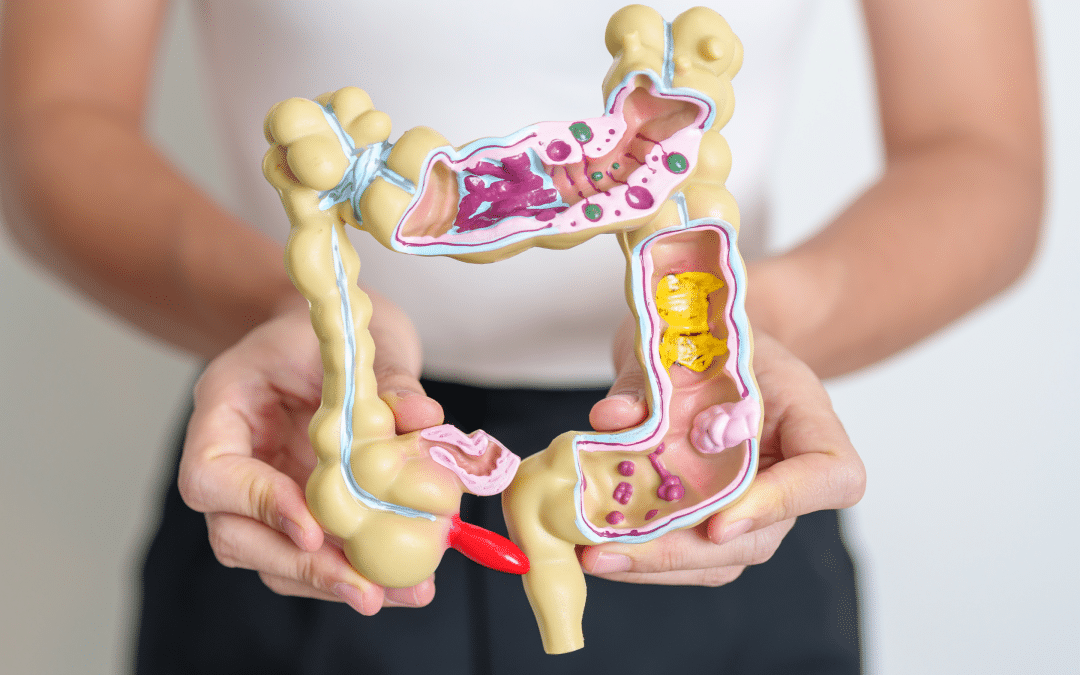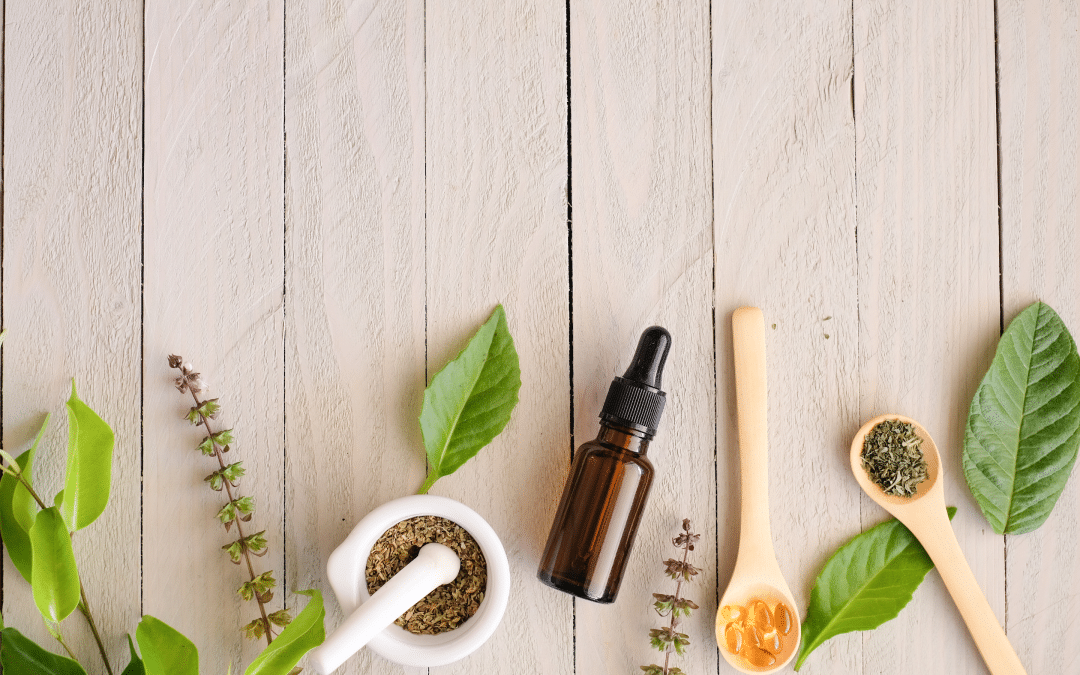Gut rot – that uncomfortable feeling often associated with digestive discomfort, bloating, and pain. It’s a common condition that can make everyday activities a challenge. In this article, we will delve deep into what gut rot is, the symptoms, and simple strategies you can incorporate into your life to combat this condition.
Understanding the Phenomenon of ‘Gut Rot’
Understanding this condition is crucial. This term, informal slang, typically describes a range of digestive issues from stomach aches to gastritis. Common signs of gut rot include bloating, excessive gas, nausea, heartburn, and a heavy feeling in the stomach. These symptoms often worsen after consuming certain foods, pointing to a dietary link to gut rot.
The primary cause of gut rot usually stems from our diet. Consuming foods high in fat, spice, or processed ingredients can trigger gut rot symptoms. Alcohol and caffeine are also significant contributors. In many cases, excessive alcohol consumption can induce inflammation in the stomach, causing the gut lining’s membrane to become more porous. Over time, such habits can also disrupt your gut microbiome, leading to Dysbiosis. However, other factors such as stress and lack of exercise can exacerbate gut health issues, enhancing the unpleasant sensations often referred to as gut rot.
Symptoms can be caused by a number of different factors, including:
- Consuming large amounts of caffeine.
- Eating foods that are difficult to digest, such as those high in fat, sugar, or fiber.
- Eating too quickly or consuming excessive quantities of food.
- Experiencing stress or anxiety.
- Taking certain medications, such as antibiotics or non-steroidal anti-inflammatory drugs (NSAIDs).
- Having gastrointestinal conditions such as Irritable Bowel Syndrome (IBS), Inflammatory Bowel Disease (IBD), or suffering from an infection like food poisoning or a stomach virus.
Having understood the causes and symptoms of gut rot, it becomes evident that it’s a condition influenced by lifestyle and dietary choices. While it may cause significant discomfort, this condition is not invincible. The good news is, there are several effective strategies to combat this condition. Let’s delve deeper into the various ways to prevent and alleviate the symptoms of gut rot.
So how do you prevent gut rot? Here are a few strategies that could help:
- Healthy Diet: A diet rich in fruits, vegetables, lean proteins, and whole grains can provide the necessary nutrients for your gut flora. Probiotic-rich foods like yogurt, kimchi, and kefir can also aid in restoring balance.
- Hydration: Water aids in digestion and keeps the digestive tract lubricated. Staying hydrated could prevent gut rot symptoms.
- Exercise: Regular physical activity can help stimulate the normal functioning of your gut. It enhances metabolism and helps in maintaining gut health.
- Stress Management: Chronic stress can lead to gut rot. Yoga, meditation, or even just spending time in nature can help manage stress levels.
In conclusion, gut rot doesn’t have to be a chronic condition. By understanding what causes it and following some simple lifestyle modifications, you can prevent it and improve your overall gut health. As with any significant GI-related issue, If you are experiencing symptoms previously stated, it is important to talk to your healthcare provider to determine the underlying cause and to develop an appropriate treatment plan.







